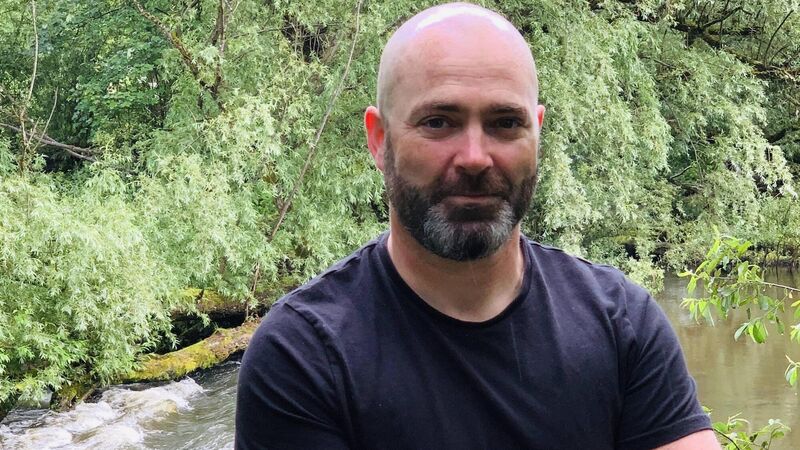Culture That Made Me: Donal Ryan on Stephen King, The Pogues, and Young Offenders

Donal Ryan: award-winning author. Pic: Anne Marie Ryan
Born in 1976, Donal Ryan grew up near Nenagh, Co Tipperary. In 2013, his debut novel The Spinning Heart was longlisted for the Man Booker Prize. His subsequent novels have won several awards, including the 2021 Jean-Monnet Prize for European Literature. He lectures in creative writing at University of Limerick.
Ryan is at Cúirt International Festival of Literature, 4pm, Saturday, April 28 at Town Hall Theatre, Galway, and during the summer he will make his first appearance at the West Cork Literary Festival (July 7-14).




